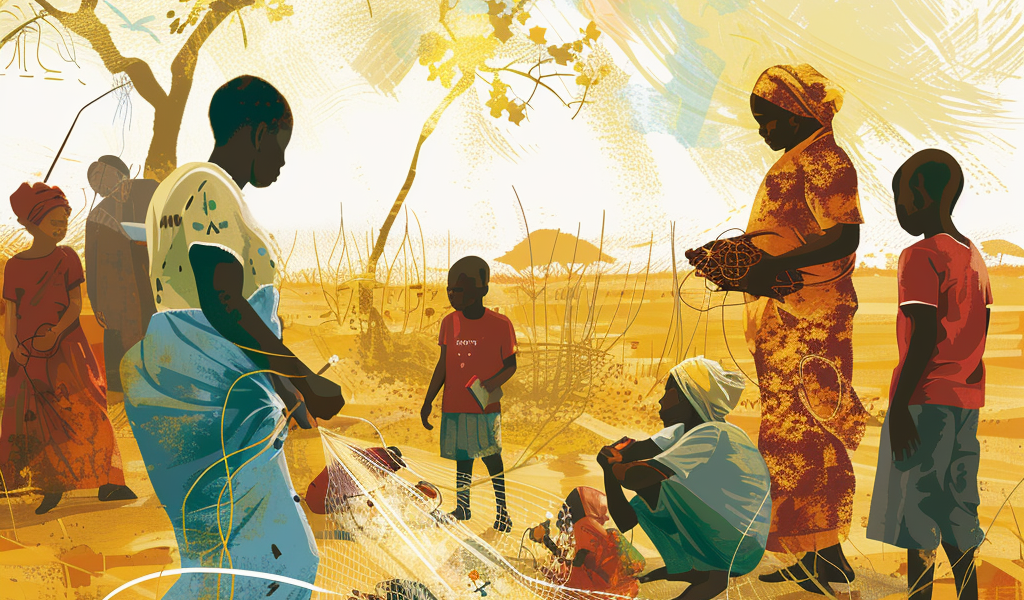New research has highlighted the urgent need for further investigation and evidence regarding the impact of climate change on neglected tropical diseases (NTDs) and malaria. The World Health Organization’s Task Team on Climate Change, Neglected Tropical Diseases, and Malaria, in collaboration with Reaching the Last Mile, recently published a comprehensive scoping review in Transactions of the Royal Society of Tropical Medicine and Hygiene. This review, which analyzed 42,693 articles, indicates a lack of comprehensive understanding of the current and potential effects of human-induced alterations to climate patterns on malaria and NTDs.
The study underscores that rising temperatures and shifting weather conditions are changing the distribution of vector-borne diseases, posing significant threats to public health and straining existing healthcare systems. As disease-carrying vectors such as mosquitoes expand their geographic range, there is an increased risk of introducing or reintroducing these illnesses to new, unprepared regions. The review emphasizes that these changes in the prevalence, incidence, scope, and severity of malaria and various NTDs could disproportionately impact communities already vulnerable to these diseases.
Dr. Ibrahima Socé Fall, the Director of WHO’s Global NTD Programme and lead researcher of the study, emphasized the need for more extensive, collaborative, and standardized modeling to enhance our understanding and prediction of the direct and indirect consequences of climate change on malaria and NTDs. The findings of the review serve as a critical call to action, warning that malaria transmission is likely to shift towards higher latitudes and altitudes, while the mosquito vectors for diseases like dengue and chikungunya are expected to expand their territories. Immediate mobilization is essential to safeguard the progress made in combating these diseases over the past two decades.
Despite these alarming projections, the review points out that existing research has predominantly focused on countries with low disease burdens and high access to quality healthcare. Given the diverse impacts of climate change on malaria and NTDs, which vary by disease type and location, displaying nonlinear trends and evolving over time, this research bias poses a significant threat to communities historically underserved in addressing these long-standing health challenges.
Tala Al-Ramahi, Chief Strategy Officer of Reaching the Last Mile, highlighted the potential of the climate crisis to undo decades of advancements in global health and development. Urgent investments in research are crucial to understanding the complex interplay between climate change and infectious diseases, ensuring that vulnerable populations are adequately protected and supported in the face of these evolving health threats.





